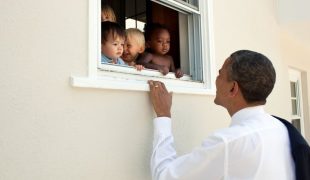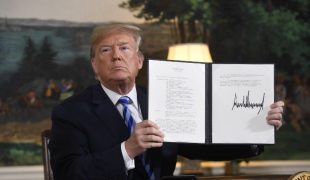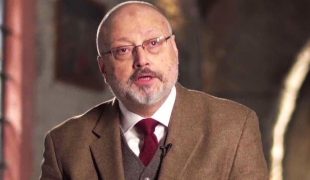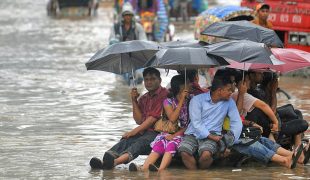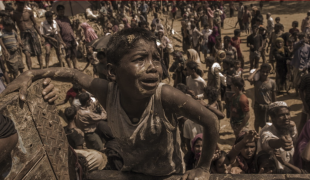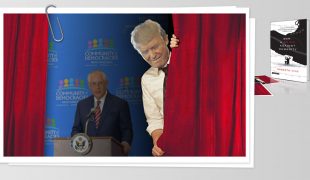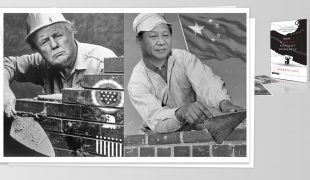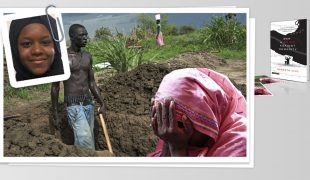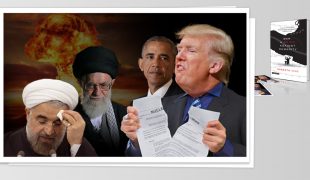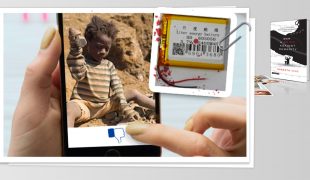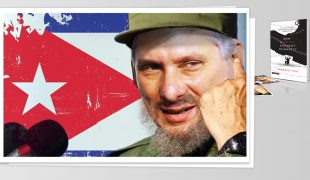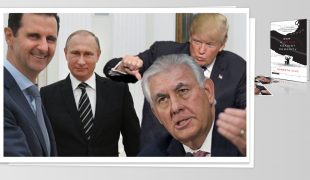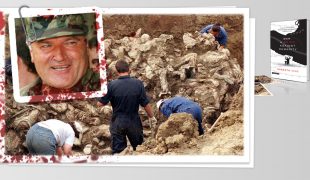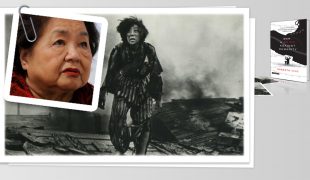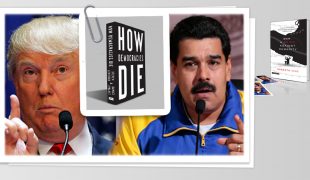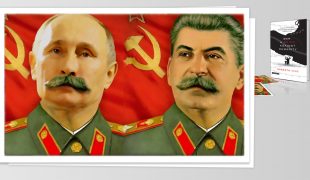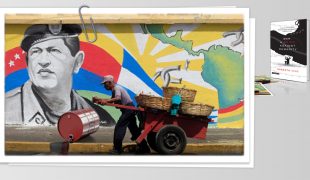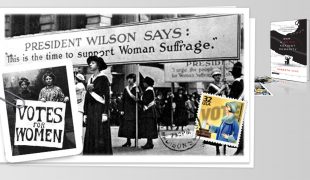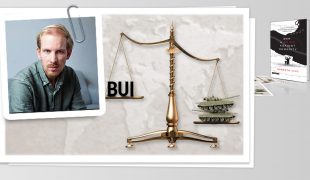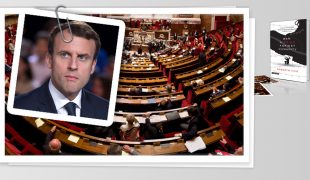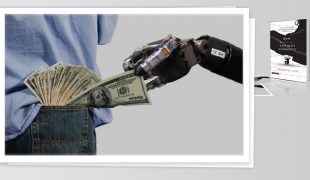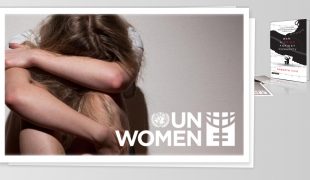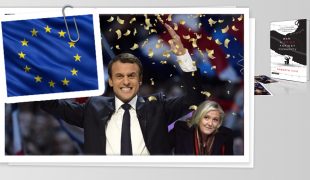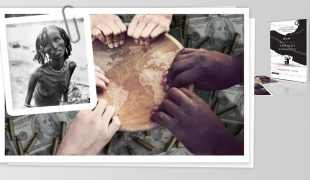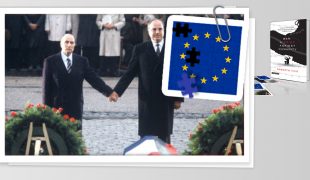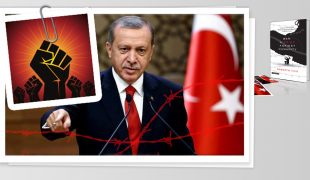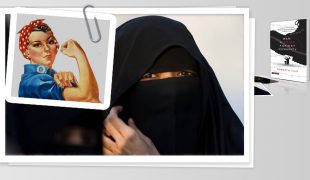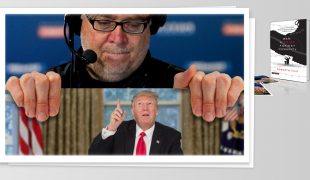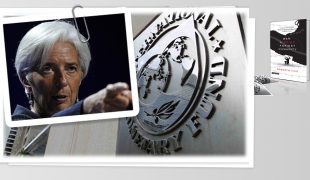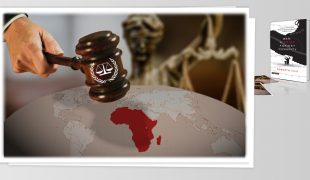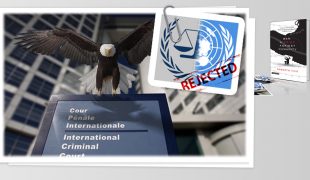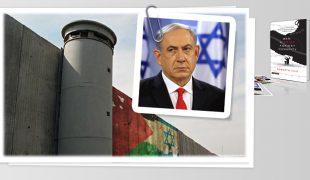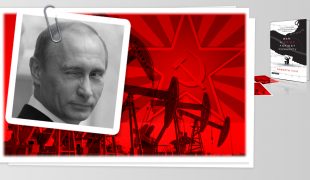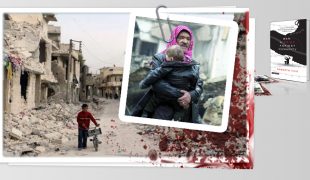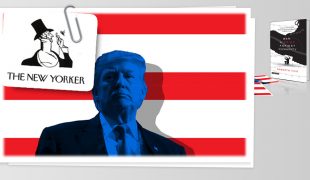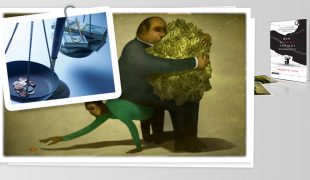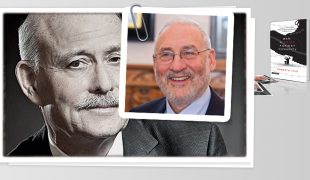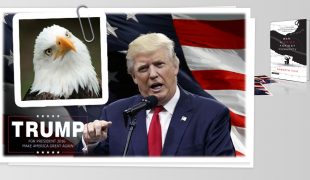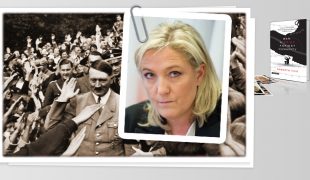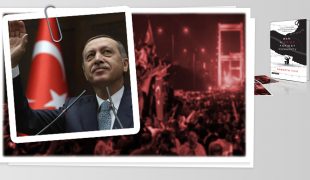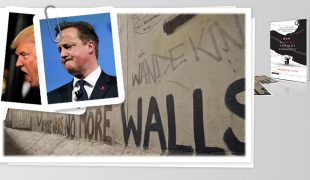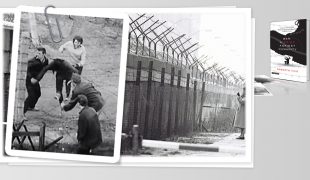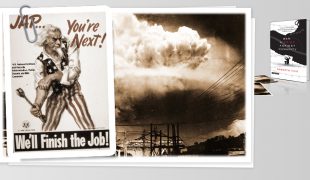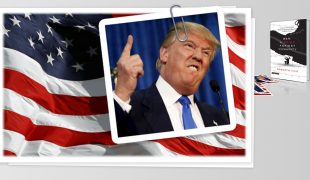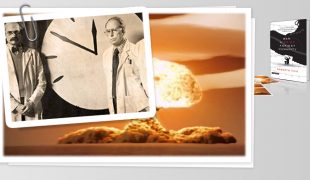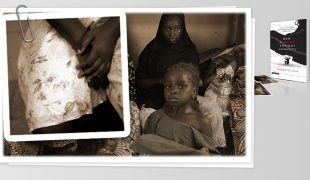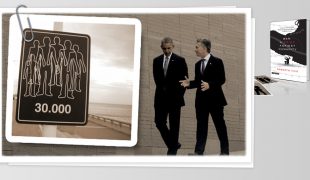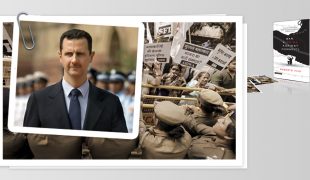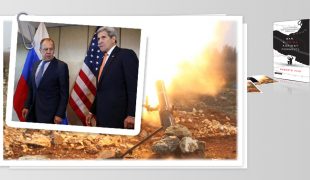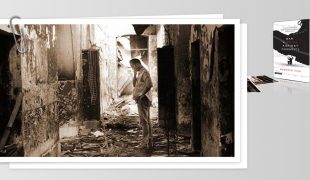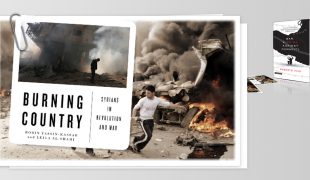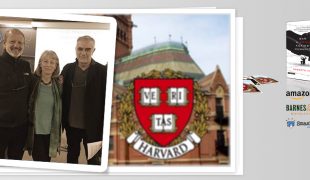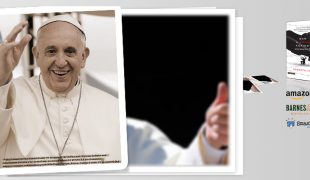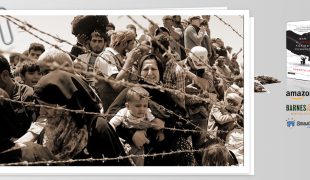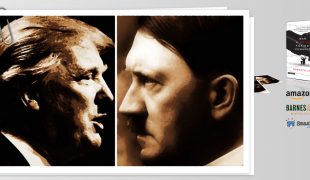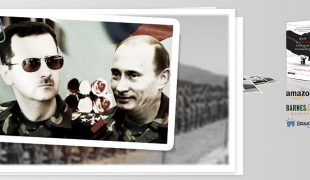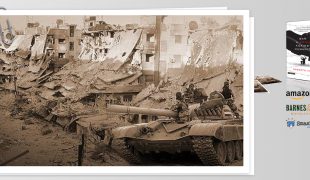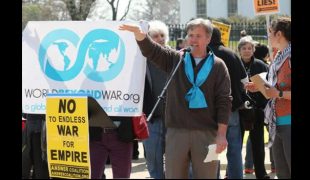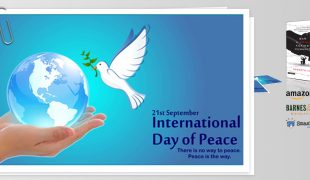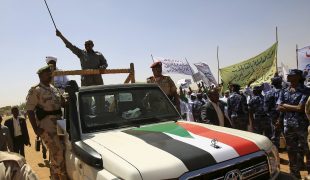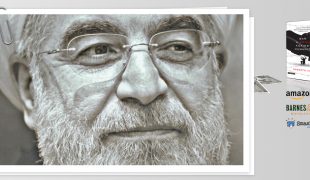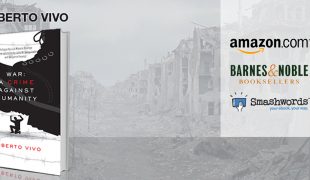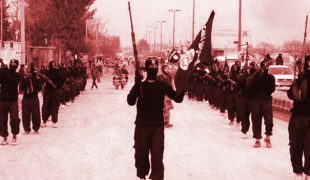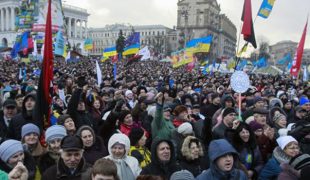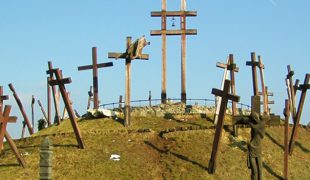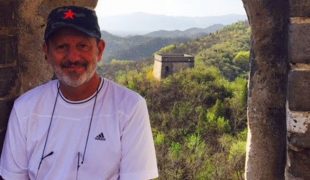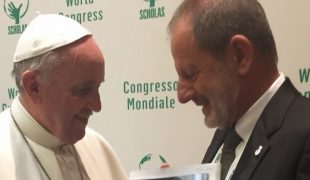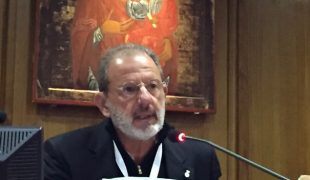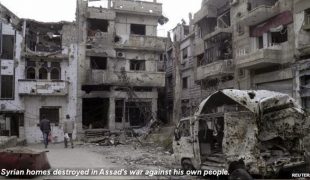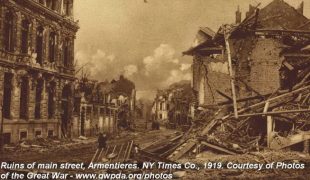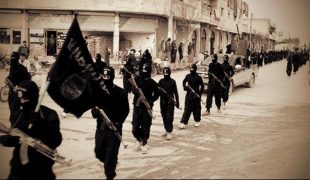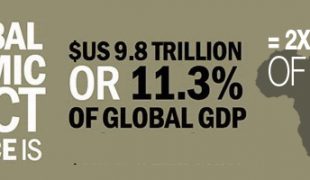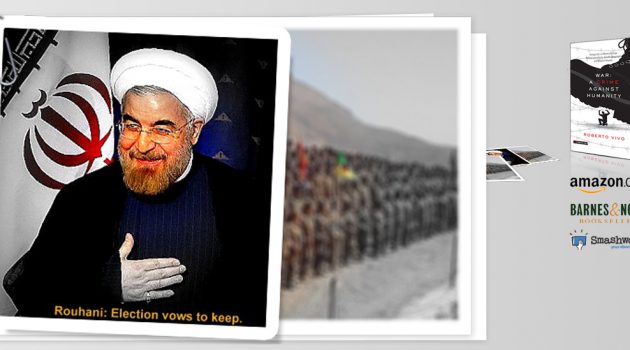
Some Thoughts on the Iran Nuclear Deal
Few except the most adamant of “Iranophobes” on the outer reactionary fringe in the United States, Israel and Saudi Arabia could see the agreement reached between six major world powers and the government of Iran as anything but historic, no matter what sort of reservations one might have about certain details of the pact. The truth is that reaching an accord was the difference between making a bad situation a lot worse or seeking to create a less confrontational Middle East, between isolation and understanding, indeed, between war and peace. And only the blindest or most ill-intentioned of opponents are incapable of seeing this.
Viewing the agreement reached last week between Iran and the so-called P5+1 (the five permanent members of the UN Security Council―China, France, Russia, the UK and the US―plus Germany) as “permitting” Iran to become a nuclear nation is missing the point entirely. The fact is that Iran already is a nuclear nation and has been for some time. It has been advancing on this goal since the 1970s and despite the hardships caused to its people and government―but mostly to its people―by international sanctions imposed on it since 1979, in order to try to force it to bring its nuclear advances out of the shadows, it has continued to progress toward its goal, coming dangerously close to having sufficient technology and infrastructure in order to manufacture nuclear weapons.
What the very detailed, painstakingly debated and carefully drafted agreement reached in Vienna early last week during Marathon talks ensures, to every extent possible, is that Iran must not only scale down and render peaceful its nuclear program to an extraordinary degree, but that it must also make its future nuclear plans fully transparent to the rest of the world, or, failing this, suffer even more dire consequences than it has up to the present.
There are a number of misconceptions that have been disseminated and promoted by opponents to the deal, particularly in the United States and Israel.
One of these―being pushed intentionally (and unconscionably, since he’s in a position to know better) by Israeli Prime Minister Benjamin Netanyahu, among others―is that dealing with Iran on the nuclear question is, in itself, a form of surrender, because Iran is a country that has shown itself to be regionally and ambitiously aggressive and, as such, that needs to be held in check by the world community. The deal, this legend goes, will permit Iran to keep right on developing its nuclear program until it is capable of producing a nuclear arsenal.
This is utter nonsense. Maybe even ill-intentioned nonsense. The fact is that the deal cut in Vienna last week severely limits Iran’s nuclear path, setting up hurdles that go a long way toward hobbling it on any road designed to make it a potential nuclear war threat. Iran must give up 14,000 of its 20,000 nuclear centrifuges (the most advanced ones used for uranium enrichment). It also has to turn over 97 percent of the stockpiled uranium that it has already enriched (in the absence of this sort of treaty) and will only be allowed to keep about 300 kilos of it. It must further give up or certifiably destroy the reactor core of its sole plutonium operation. And from here on, it will only be permitted to enrich its uranium to fuel grade―about 3.67 percent enrichment, compared to the 90 percent enrichment needed to make nuclear explosives.
In a succinct analysis of what these terms actually mean, US atomic weapons expert Aaron Stein was recently quoted as saying it “makes the possibility of Iran developing a nuclear weapon in the next 25 years extremely remote.” And this was precisely what the six major powers dealing with Iran were seeking: a way to put the brakes on its apparent headlong rush toward nuclear arms capability.
Another fear of opponents to the deal is the cash windfall that Iran will enjoy once sanctions are lifted in accordance with the trade-off written into the nuclear scale-back deal. Depending on the source you go by, it is estimated that the lifting of long-standing sanctions against Iran will free up between 100 and 150 billion dollars in assets to which Teheran has not had access since those sanctions were imposed starting in 1979. The staunchest and most alarmist of opponents claim that much or even all of this money will go into financing Teheran’s hegemonic ambitions in the region and its backing of terrorist networks in the Middle East and the rest of the world.
While, realistically, it is likely that some portion of that increased cash flow will go into helping bolster Iran’s military spending―in view of its undeniable cold war with Saudi Arabia, the proxy wars that this cold war has engendered and the ever hostile relations between it and Israel―not even the US intelligence community is concerned that Teheran will invest anything even remotely close to all of that fresh cash on its military ambitions. The Los Angeles Times this week quoted sources with access to a Central Intelligence Agency report presented in Congress, which concludes that most post-sanction funds are likely to go into shoring up the country’s flagging economy. Between the long-standing international sanctions, the recent plunge in crude oil prices and other concurrent economic factors, Iranians have been suffering the crunch like never before. And the moderate administration of President Hassan Rouhani’s first priority is, observers say, to make good on the promises of economic improvements that got him elected. Rouhani is surely sensitive to the dire consequences wrought by the so-called “Arab Spring” in the rest of the region, and if he wants to maintain stability at home, he will need to place getting his own house in order before bolstering the positions of Iran’s allies.
Will part of the sanction relief bundle be siphoned off into the country’s military activities? Very likely. But Teheran is already investing huge sums of money in bolstering its geopolitical position, contributing six billion dollars a year to the Assad regime’s civil war effort in Syria alone, to say nothing of moneys funneled into financing the operations of “friendly” guerrilla groups like those of the Shiite organization Hezbollah that is based in Lebanon (formed in the 1980s to fight Israel after the Jewish State invaded Lebanese territory), with cells operating worldwide, or like those of the Houthis in Yemen.
US estimates calculate money that Hezbollah receives from Iran at perhaps 60 to 100 million dollars a year. But there are indications that this dangerous terror network may be receiving far more than that amount from unexpected sources such as the Latin American drug cartels with which it has consolidated links, and that Iran has, of late, reduced, rather than increased, its contributions to Hezbollah’s cause. As for the Houthis, both Teheran and the Houthis themselves deny that Iran is financing their operations. But Western intelligence sources quoted in the international media say that without Iranian support―money, weapons, military training, etc.―the Houthi rebels would have been incapable of carrying out their largely successful campaign to overthrow the Yemeni government and take the country over. They also point out that the Houthi rebellion plays into Iran’s strategy for maintaining a balance of power in the region, in its ongoing cold war with Saudi Arabia, so seen from this angle, and within Iran’s own view of the region and the world, helping the Houthis “makes sense” because it means wresting power in Yemen from the hands of a regime sympathetic to Saudi Arabia, which is a rival regional power that is no more willing to live and let live in the Middle East than Teheran itself is. Because of the ostensibly secret nature of the Houthi-Teheran connection, there are no reliable estimates as to exactly how much money Iran is actually investing in that proxy war, but since the Houthis are meeting with an important measure of success and seem little perturbed by Saudi-led airstrikes, it seems unlikely the Iranians would significantly increase their investment in the Yemeni war either.
Indeed, intelligence sources quoted by the Los Angeles Times indicate that the CIA deems it unlikely that any increase in Teheran’s spending under such headings in general would be very significant, and certainly not sufficient to tip the regional balance of power. Despite the anti-Western, anti-Israeli rants of Iran’s Supreme Leader AyatollahAli Khamenei, the country’s moderate President Rouhani and his administration are clearly seeking a certain amount of rapprochement with the rest of the world, if for no other reason, as a means of reopening the country’s economy, as the fourth largest oil-producer in the world, to more major markets now that sanctions are about to be lifted. But the Rouhani government also appears to realize that long years of onerous sanctions have not only hurt the country’s export business but also its ability to import more advanced technology, without which Iran’s progress toward being a modern, dominant, regional power will be extremely limited, while Saudi Arabia, as a strong US ally, has every advantage in this sense―despite the fact that, while bowing to Western pressure for it to join the so-called “war on terrorism”, the Saudi kingdom remains a hot-bed for anti-Western terrorist activities.
The Iranian government is not likely, then, to do anything to jeopardize the advances made in its relations with the major world powers as a result of the nuclear negotiations. Teheran struggled as hard and made as many concessions as any other negotiator at the table in Vienna, and it would be counterintuitive for it to turn around and throw all of that away by squandering all of its enormous sanction relief on actions that would pose an immediate, clear and present threat to Western security―something that could very well prompt the US, for instance, to scrap the accord and authorize bombing of Iranian nuclear and military facilities. Additionally, by continuing to return again and again to the negotiating table in order to arrive at a compromise deal that works both for it and for the world’s major powers, Iran has garnered a new-found respect among the most powerful countries on earth, a position that can’t help but bolster its profile as a regional leader and place it on a more even keel with rivals Saudi Arabia and Israel.
Furthermore, the sanctions that will be lifted as a result of the Iran deal are, for now, basically commercial―mostly oil money frozen and held in escrow in the international banking circuit. And it will only be released to the extent that Teheran complies with conditions set by the US and other major powers during the treaty negotiations. Western bans on sales of strategic weaponry to Teheran remain in place.
The only tangible threat to compliance with this historic multilateral treaty at the moment is the one posed by reactionary elements in the United States Congress. It is up to Secretary of State John Kerry to convince as many of these opponents as possible in explaining the accord to them this week that it is, indeed, the only viable option (and one agreed to by US allies and rivals alike). The only other choices are to allow Iran to continue, as up to now, barreling ahead toward becoming a nuclear military power, or to precipitate yet another devastating and destabilizing war in the Middle East. He must also convince Congress that going back on the terms of the treaty because of congressional opposition would not only worsen marginally improving relations between Washington and Teheran, but could also prompt the other powers involved in the negotiations to turn their backs on the US, continue to support the treaty, and refuse any US bid to re-impose nuclear sanctions against the Iranian government.
At the very least, the Iran-P5+1 accord has defused an imminently dangerous situation, improved the level of peace in the war-torn Middle East, improved the immediate security of Iran’s regional rivals, and created a climate of dialogue in which Iran is no longer isolated within an autistic political state in which closed-society fundamentalism would be bound to thrive to an ever greater degree. If and when Iran fully complies with the terms of the treaty, it will be rendered far less likely to achieve the creation of nuclear weapons any time in the near future. And, in the meantime, Iran will be more likely to become more diplomatically moderate and to seek greater inclusion in the concert of nations.
At the very worst, Iran could break the pact, and in that case, every crippling and/or horrifically devastating option open to the major powers before the negotiations began will still be on the table, but with far more lead time to carry them out.

